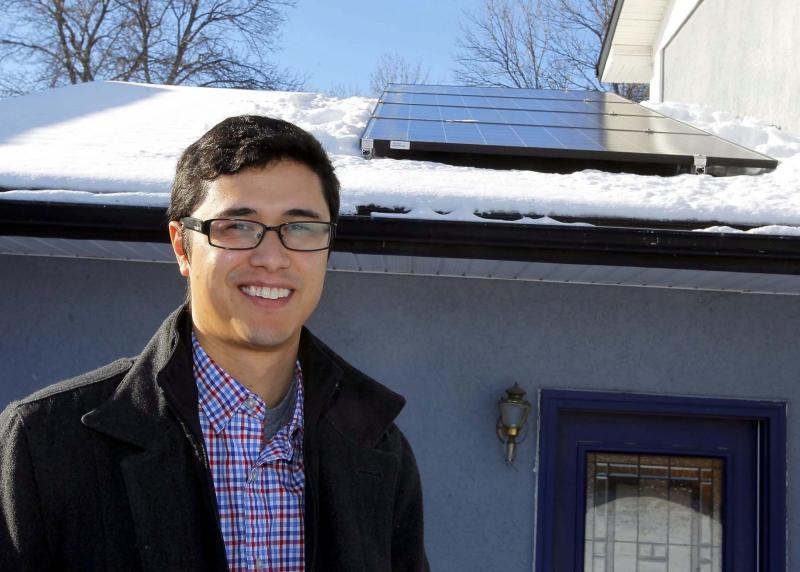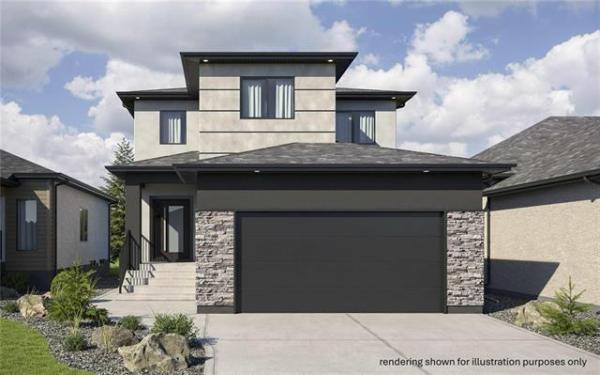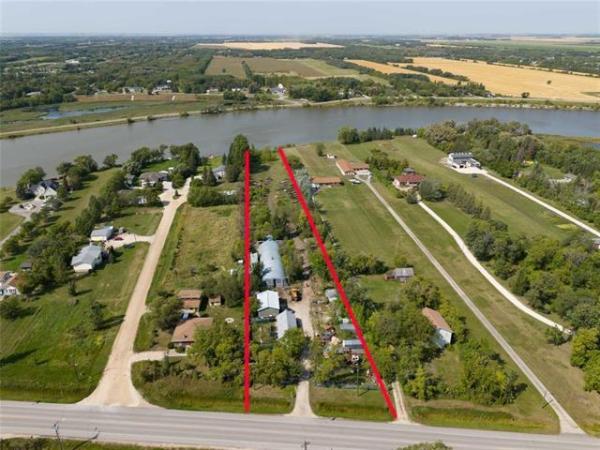When it comes to using electricity Jeremy Choy is always looking to save money and help the environment, so as much as possible he chooses to harness the power of the sun.
"For me it’s not about the short game, it’s always about the long game," said the 36-year-old Winnipegger.
"The goal is a long-term one, and that goal is to one day have my whole house and all my transportation powered by solar."
Choy, who lives in St. James, is one of a few Winnipeg homeowners who has started to use solar power as a form of electricity.
He is starting slow to see how solar power would work at his home; he currently has a one-kilowatt system that includes four 260-watt solar panels.
So far Choy has spent about $2,000 on his system, which he installed in June. Choy said he started to look at solar as an option because he believes hydro rates will continue to rise in Manitoba, and also because he knows how sustainable living can help the environment.
"I’ve always been interested in alternative forms of energy, and I am someone who likes to plan things out and plan ahead," Choy said.
"I was looking at hydro and seeing the increases that could be coming, so I thought, ‘How is that going to affect me and affect the environment, and what can I do about it?’"
Choy said his solar system currently works to charge an electric bike that he rides during the warmer months, making his transportation costs zero during the months he uses the bike.
"I power and charge the electric bike with solar, so when I use it my transportation is zero-emission and my fuel costs are zero."
Solar power also charges many tools and devices he uses in his workshop, but his long-term plan is to continue to buy and install more panels to reach his eventual goal of having his entire house powered by solar.
Choy hopes one day he can harness enough solar power to have no electricity bill for his home, and zero fuel costs for his transportation, which includes an electric car he is planning to purchase.
"It takes a while for the payback to come, but you have to consider those long-term benefits," Choy said.
"It will help to offset costs in the future because I know the payoff will be a positive net gain after the equipment is paid off, and with no hydro bill those savings will be huge."
Last year, Manitoba Hydro started offering incentives to those who want to generate solar power.
Manitoba Hydro launched the Power Smart Solar Energy Program and it allows home and business owners to generate electricity with solar panels, and then also sell excess energy back to Manitoba Hydro.
The program currently covers the installation of solar photovoltaic systems, which convert solar energy into electricity, at a rate of $1 per watt installed. At that rate, the program would cover approximately 25 per cent of the upfront capital costs of new installations. Cost of installation depends on the project’s scale.
Kevin Nichols is the owner of Winnipeg-based K and C Solar, a company selling solar equipment and subcontracts solar installation jobs in Manitoba. While solar power systems are becoming popular in rural Manitoba for homes, cottages and farms, Nichols said Winnipeg residents have been slow to warm up to solar.
Nichols believes the upfront costs are deterring many homeowners.
"I’ve given a lot of quotes for equipment and installation, but there is often sticker-shock with the upfront price, and that is what scares people away," Nichols said.
"People are looking for a quicker payback and it’s not there, with almost every system you are looking at 10 to 15 years before you see that payback."
Nichols said when people think about what the costs can run them for solar equipment, he has found most would rather spend money on something that can be seen and used in the home immediately.
Nichols added a solar system capable of powering an entire home could cost between $20,000 and $30,000.
"We start talking about 20 to 30 grand upfront, and people say, ‘I can renovate my kitchen and bathroom and rec room for that’."
But Nichols said if someone is building or buying a home they plan to stay in for many years, he can’t see why they wouldn’t at least consider solar because the long-term savings "will be massive."
"If you’re building your dream home, I don’t know why you wouldn’t go solar," Nichols said.
"If you have an average hydro bill of $120 a month, once that equipment is paid off it’s completely paying them back that $120 every single month. It’s massive savings, it’s huge.
"And if they are ever looking to sell the home, it’s a great selling feature when you can offer those kinds of savings."
Nichols also wants people to consider the environment when they consider how they want to power their homes.
"More and more you have to think long-term and not about just financial benefits, but also the environmental benefits," Nichols said.
"We talk a lot these days about sustainable living. Well there isn’t much out there that is more sustainable than getting your power directly from the sun."




